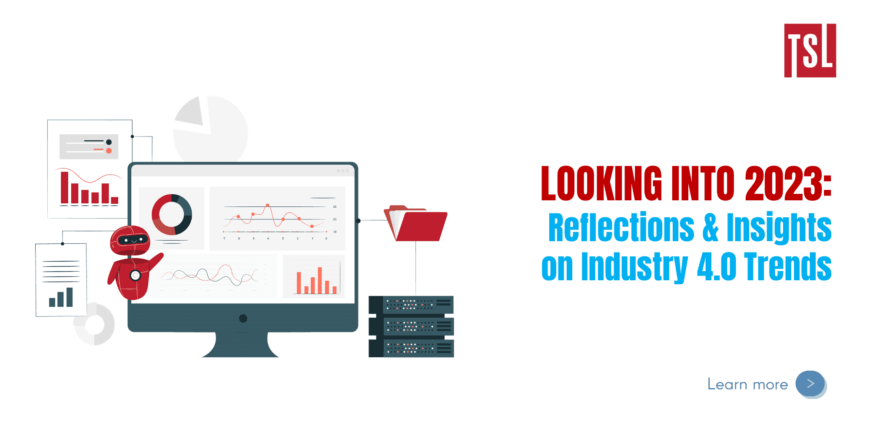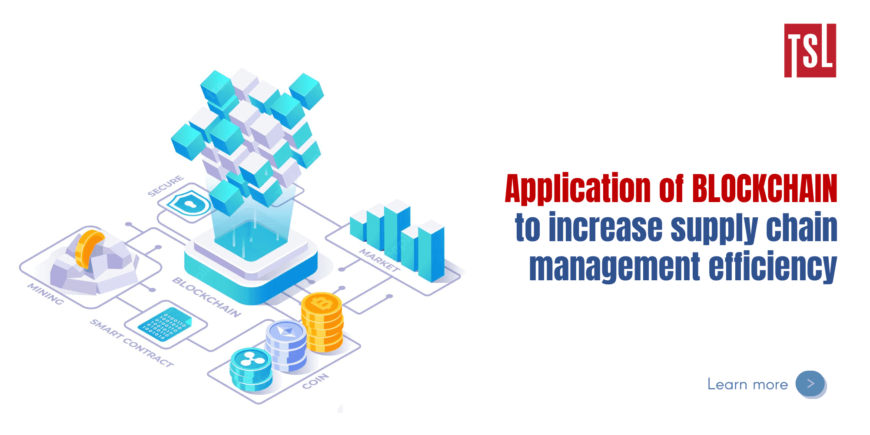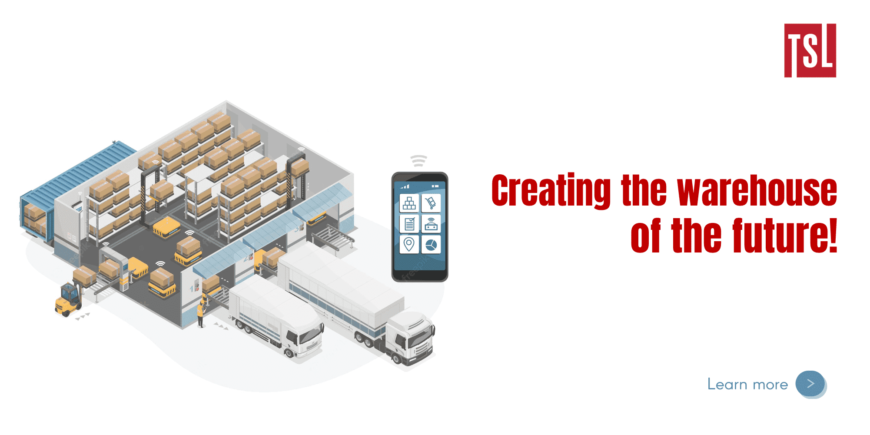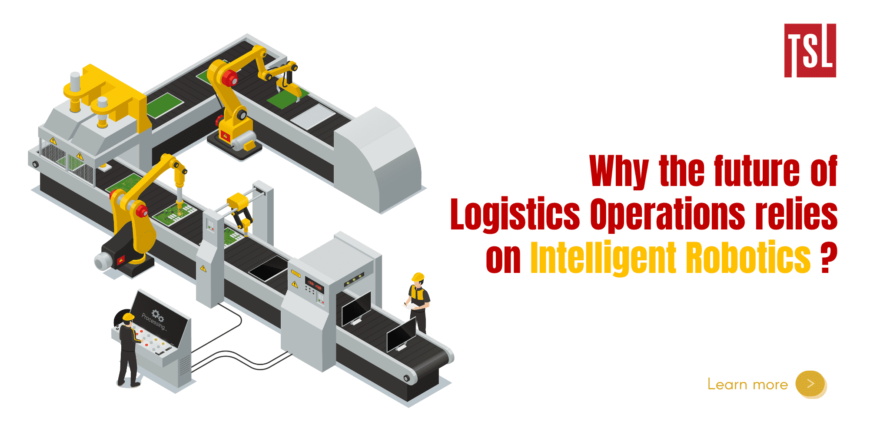-
×
 Máy quét Voyager 1400g
1 × 0 ₫
Máy quét Voyager 1400g
1 × 0 ₫ -
×
 The TC52 Touch Computers
2 × 0 ₫
The TC52 Touch Computers
2 × 0 ₫ -
×
 Máy quét Granit 1910i
1 × 0 ₫
Máy quét Granit 1910i
1 × 0 ₫ -
×
 Áo lưới phản quang
1 × 0 ₫
Áo lưới phản quang
1 × 0 ₫ -
×
 Honeywell Rugged PX4i Industrial Printers
1 × 0 ₫
Honeywell Rugged PX4i Industrial Printers
1 × 0 ₫ -
×
 Máy quét di động CK75
1 × 0 ₫
Máy quét di động CK75
1 × 0 ₫ -
×
 Máy in di động RL3e
1 × 0 ₫
Máy in di động RL3e
1 × 0 ₫ -
×
 Máy quét DS2278
1 × 0 ₫
Máy quét DS2278
1 × 0 ₫ -
×
 Máy quét Xenon XP 1950g
1 × 0 ₫
Máy quét Xenon XP 1950g
1 × 0 ₫ -
×
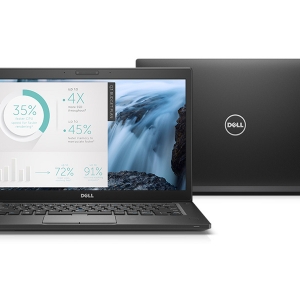 Laptop Dell Latitude 7480
1 × 0 ₫
Laptop Dell Latitude 7480
1 × 0 ₫ -
×
 Protective Helmet
1 × 0 ₫
Protective Helmet
1 × 0 ₫ -
×
 Decal nhựa (105x50mm) cuộn 50m, bế trắng
1 × 0 ₫
Decal nhựa (105x50mm) cuộn 50m, bế trắng
1 × 0 ₫ -
×
 Laptop Dell Latitude 7290
1 × 0 ₫
Laptop Dell Latitude 7290
1 × 0 ₫ -
×
 Máy in PC43K Kiosk
1 × 0 ₫
Máy in PC43K Kiosk
1 × 0 ₫ -
×
 Dell OptiPlex 7460 All-in-One
1 × 0 ₫
Dell OptiPlex 7460 All-in-One
1 × 0 ₫ -
×
 Yellow Label 105x50mm, 50m
1 × 0 ₫
Yellow Label 105x50mm, 50m
1 × 0 ₫ -
×
 Protective Fiber Gloves
1 × 0 ₫
Protective Fiber Gloves
1 × 0 ₫ -
×
 Laptop Dell New Vostro 15 7000
1 × 0 ₫
Laptop Dell New Vostro 15 7000
1 × 0 ₫ -
×
 Máy quét Voyager 1472g
1 × 0 ₫
Máy quét Voyager 1472g
1 × 0 ₫ -
×
 A4 Paper 70/90 Double A
1 × 0 ₫
A4 Paper 70/90 Double A
1 × 0 ₫ -
×
 PX940 Industrial Printer
1 × 0 ₫
PX940 Industrial Printer
1 × 0 ₫ -
×
 Laptop Dell Latitude 7290
1 × 0 ₫
Laptop Dell Latitude 7290
1 × 0 ₫ -
×
 MC9300 MOBILE COMPUTER
2 × 0 ₫
MC9300 MOBILE COMPUTER
2 × 0 ₫ -
×
 RP2e Rugged Mobile Printers
2 × 0 ₫
RP2e Rugged Mobile Printers
2 × 0 ₫ -
×
 Dao Rọc Giấy Đại + Lưỡi Dao Deli 2042
1 × 0 ₫
Dao Rọc Giấy Đại + Lưỡi Dao Deli 2042
1 × 0 ₫ -
×
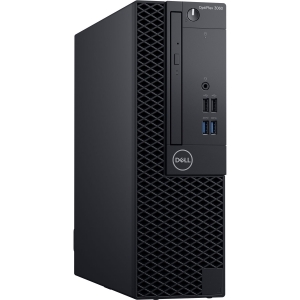 Dell OptiPlex 3060 Small Form Factor
1 × 12.000.000 ₫
Dell OptiPlex 3060 Small Form Factor
1 × 12.000.000 ₫
Subtotal: 12.000.000 ₫

